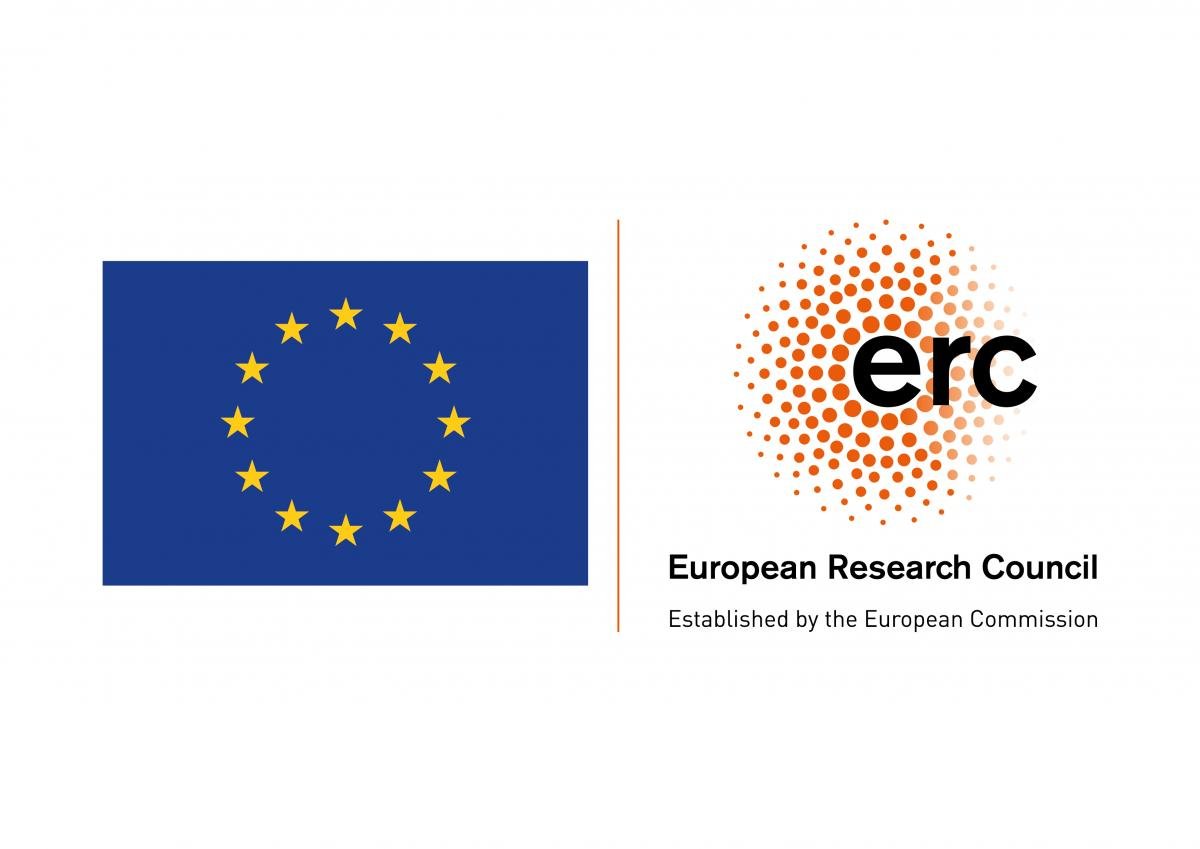LOSS
Narratives of Loss: Unravelling the Origins of Support for Socially Conservative Political Agendas
Principal Investigator: Dr. Catherine De Vries
Contract Type: Grant ERC Horizon 2020 Consolidator Grant
Project Funding: €1.99 million
Period: 2020-2025
The key aim of the LOSS project is to unravel: How economic hardship affects support for socially conservative political agendas aimed at restricting the rights of marginalised groups (ethnic linguistic and religious minorities migrants LGBTQIA + and women) and how local and national policy contexts affect this relationship. Many European societies have recently experienced growing prejudice towards marginalised groups and the rise in support for far-right parties advocating to restrict the rights of these groups. These developments threaten the cohesion of national and local communities across Europe. While aggregate level evidence suggests that financial crises generally coincide with increased support for far-right parties we do not understand why this happens. By developing a groundbreaking interdisciplinary theoretical framework that integrates insights about the role of loss from political science sociology social psychology and behavioural economics the LOSS project contends that experiences of economic hardship translate into specific narratives of loss that in turn trigger support for social conservative political agendas. To empirically examine the importance of narratives of loss the LOSS project employs an innovative multi-method empirical approach combining qualitative and quantitative research methodologies. To uncover the role of context the project compares five European countries (France Germany the Netherlands Sweden and the United Kingdom) that vary in the level of compensation provided for economic hardship and local contexts within these countries.

Webinar Series
17/09/20 Kevin (Vin) Arceneaux (Temple University)
The "Need for Chaos" and Motivations to Share Hostile Political Rumors
15/10/20 Charlotte Cavaille (University of Michigan)
Asking for More: Support for Redistribution in the Age of Inequality
29/10/20 Vicky Fouka (Stanford University)
Racial Diversity, Electoral Preferences, and the Supply of Policy: The Great Migration and Civil Rights
(with Alvaro Calderon and Marco Tabellini)
12/11/20 Gabriele Magni (Loyola Marymount University)
Economic Inequality, Immigrants, and Selective Solidarity: From Perceived Lack of Social Mobility to Ingroup Favoritism
19/11/20 David Rueda (Nuffield College/University of Oxford)
Insuring Against Hunger? Long-Term Political Consequences of Exposure to the Dutch Famine
(with Gerda Hooijer and Raluca Pahontu)
3/12/20 Yotam Margalit (Tel Aviv University)
Media Ownership as Political Investment
10/12/20 Kenneth Scheve (Yale University)
The German Trade Shock and the Rise of the Neo-Welfare State in Early 20th Century Britain
04/02/21 Caterina Froio (Sciences Po Paris)
Grievances, opportunities, or resources? Explaining far-right protest mobilisation in Europe
18/02/21 Anne-Marie Jeannet (University of Milan)
America's Rusted Families: How the Working Class Fled Politics Across Three Biological Generations (1965-1997)
25/02/21 Piero Stanig (Bocconi University)
Thermostatic Environmentalism
(with Roman Hoffmann, Raya Muttarak and Jonas Peisker)
11/03/21 Delia Baldassarri (New York University)
Between in-group preference and economic interdependence: A lab-in-the-field experiment on prosocial behavior in a multiethnic European metropolis
18/03/21 Tom O'Grady (University College London)
Testing Negative: The Non-Consequences of COVID-19 on Mass Political Attitudes
08/04/21 Michèle Lamont (Harvard University)
Finding Hope in the New Gilded Age: Narratives of Inclusion after the American Dream
15/04/21 Rahsaan Maxwell (University of North Carolina at Chapel Hill)
Basking in Their Glory: Do Presidential Elections Racialize, Nationalize, or Politically Polarize People of Color?
06/05/21 Sam Friedman (Harvard University)
Deflecting Privilege and The Class Ceiling
13/05/21 Leonardo Baccini (McGill University)
Austerity, Economic Vulnerability, and Populism
(with Thomas Sattler)
